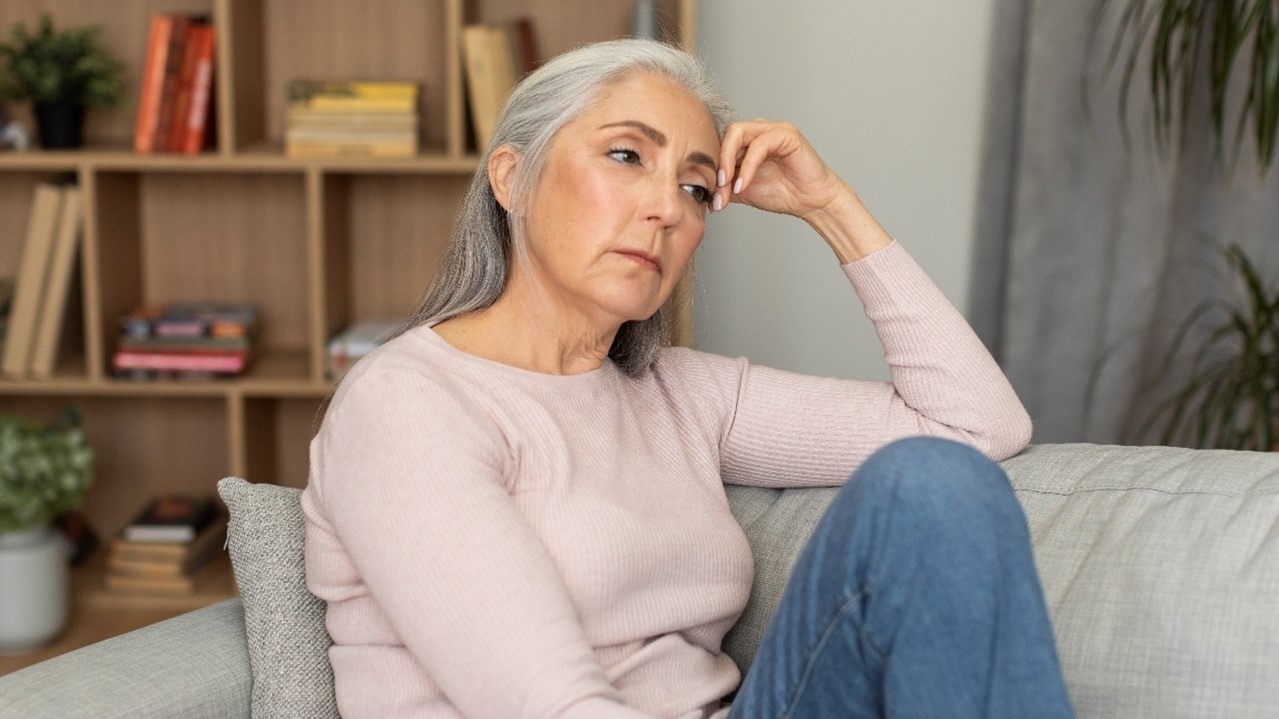
Women go through many physical changes as they age. Around their 40’s and 50’s, women typically begin to experience the stages of menopause. Menopause is the end of reproduction for a woman, but the process can be long and can include bothersome symptoms. As women age, their hormones begin to change and eventually start declining as they get closer to menopause.
Stages of Menopause
There are three stages to menopause: perimenopause, menopause, and post menopause. Menopause occurs during the 12 consecutive months after a woman’s last period. The entire process usually occurs between the ages of 45 and 55.
Perimenopause is the first stage of menopause. It is the time before a woman reaches menopause. The duration of perimenopause can depend on certain lifestyle factors like smoking, race, or ethnicity, but usually lasts about 7 years, but can be longer. The first signs of perimenopause can be slight changes to periods, your mood, sleep patterns, and more. During this stage, your ovaries produce less estrogen. The change in hormones cause symptoms like the ones below:
Hormonal Changes and Their Effects
The hormones that control your menstrual cycle are the same hormones that affect your serotonin. Serotonin is a brain chemical that affects your feelings of happiness. Menopause causes your hormone levels to drop, which then causes your serotonin levels to drop. The drop in serotonin levels can leave many women depressed.
Depression can be present in a variety of ways. If a woman has experience depressive episodes in the past, they are at risk of another depressive episode when they enter the perimenopause stage. Depression symptoms are like many perimenopause symptoms, so it’s important to keep an eye out for both. Symptoms like weight changes, insomnia, loss of interest in pleasure, and moodiness are all symptoms of perimenopause and depression. If any symptoms begin to interfere with your day to day, it might be time to see your doctor.
How to Help Your Symptoms
Symptoms of menopause can last for years even after you’ve entered the postmenopause stage. The Cleveland Clinic recommends a multitude of things to try and reduce your symptoms of menopause.
Changing your diet by limiting your caffeine intake and eating less spicy food to avoid hot flashes is one way to ease symptoms. Foods like soybeans, chickpeas, lentils, grains, fruits and vegetables are some foods that have plant estrogen.
Exercise is a great way to help with insomnia. Exercise also helps with symptoms of depression like anxiety and moodiness. Yoga and mediation help you ease your mind while also moving your body. AFSPA offers discounts on meditation apps like Calm and offers discounts on certain diet plans and workout gear. You can learn more here.
AFSPA has wellness programs that can help with depression. Through the Foreign Service Benefit Plan (FBSP), you have access to digital coach programs. This program creates a personalized plan for successful behavioral changes. FSBP also offers Lifestyle and Condition Coaching, which is a holistic approach to help you achieve your best health. Coaches provide support and resources to help you be your best self. You can earn up to $150 in wellness rewards for each program. In addition, if you are living in the 50 U.S., you can visit your local CVS minute clinic and talk to a pharmacist who can assist you to get menopause support and relief.
While going through the stages of menopause, it can be easy to feel alone. Remember that every woman goes through this and that you don’t have to suffer alone. Check out our wellness programs or talk with your doctor about the possibility of taking antidepressants or contact a therapist.
Copyright © 2025 All Rights Reserved by AFSPA.